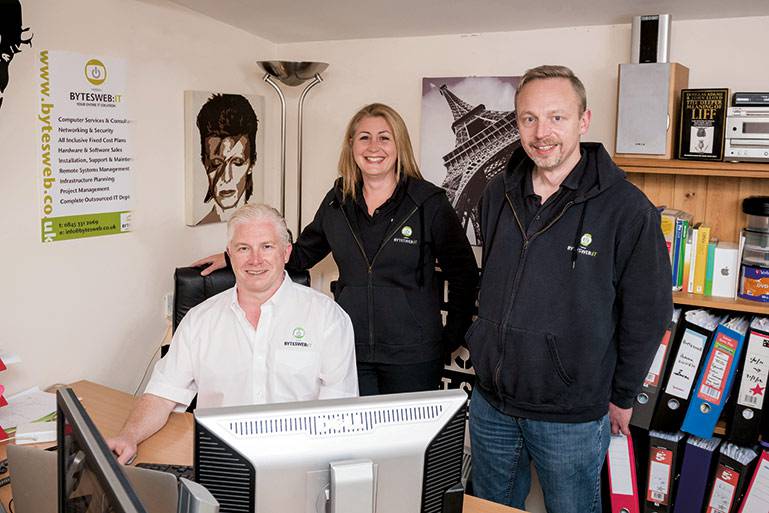Tunbridge Wells leads the county in the proportion of people employed in the ‘knowledge economy’, government data has revealed.
Figures identified almost a quarter of those employed in the borough are in industries at the cutting edge of information technology, leapfrogging Canterbury which held first place in 2014.
The Office for National Statistics (ONS) defines the knowledge economy as ‘a group of specific sectors are knowledge intensive in their activity, deal extensively with IT and the distribution or exchange of the information that they hold’.
It goes on to state: “The knowledge economy has been identified as a key sector to drive future economic growth.”
Creative
At the start of 2015, Tunbridge Wells had 23.4 per cent of those employed in jobs defined as being in the knowledge economy, this far exceeds the Kent average of 15 per cent.
It also exceeds its neighbours in west Kent, with Tonbridge and Malling on 17.5 per cent and even prosperous Sevenoaks on 20 per cent.
Tom Crane, whose Vale Road-based business Crane Creative specialises in Web and print design, believed the town’s location was a major factor behind its success.
He said: “Being close to London but not paying London rates means I do not have to charge my clients as much as I would if I was based up there.
“It lies equidistant between the capital and Brighton, which also has lot of young people in the creative scene.”
He also suggested good quality schools in the town could also be playing a part alongside having a network of individuals in similar industries.
Jason West, of Bytesweb IT, which specialises in cloud computing and ‘disaster proofing’ IT systems agreed the town’s location was a key consideration for why many companies wish to set up here.
He said: “Apart from being close to the capital it is within easy reach of the entire of the south-east.
“It is a nice place to live, which makes it desirable for wealthy individuals who may wish to establish businesses to locate here.
“Having wealthy individuals and strong companies also means there is a good client base to do business with.
“The council is also supportive, and work particularly close with us and others in the tech sector. It’s good to have the backing of the local authority.”
What is the ‘knowledge economy?’
The knowledge economy is based on the concept of intellectual capital and typically makes up a large share of all economic activity in developed countries. In a knowledge economy, a significant part of a company’s value may consist of intangible assets, such as the value of its workers’ knowledge.
These companies tend to specialise in science, IT, distribution and exchange of information, research, technical support and consulting. In a knowledge economy, labour costs become progressively less important and traditional economic concepts such as scarcity of resources and economies of scale cease to apply.








